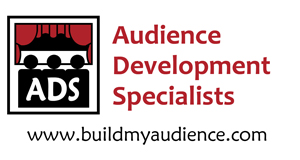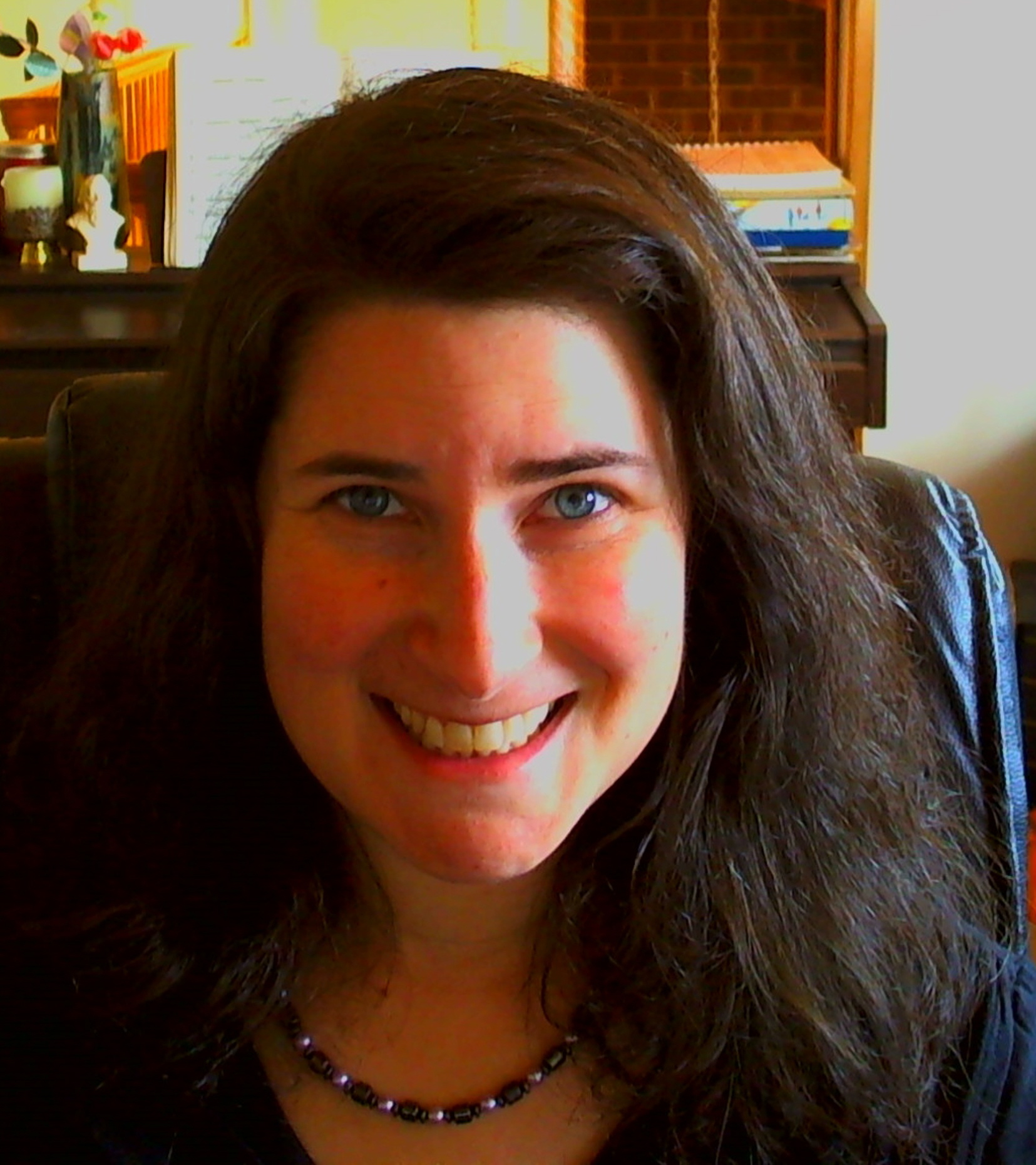Let’s pretend it is Welcome Wednesday just for this moment. Due to my workload, I was not able to post my guest blog that was scheduled.
On Monday I found the following article:
Portland introduces new diversity goals for local arts and culture groups seeking public funds http://bit.ly/zgoefv.
This article has caused a bit of discussion. Mainly, most of us are in favor of promoting diversity, but forcing diversity in this fashion might be a little too extreme. My colleague Drew McManus over at his blog Adaptistration found a thoughtful comment on Joe Patti’s Butts in the Seats blog (love the blog, but hate the name). Mainly Patti declares the need for the guidelines of this program to be more clearly stated, and that simply taking action for more inclusion may not transfer to true inclusion. I recommend reading his thoughts.
Again, due to being busy this week, I have not been able to put my own thoughts into words, but my friend and colleague, Amy Wratchford did a fantastic job of formatting a very thorough rebuttal. My thoughts echo this line of thinking. Please welcome Amy as our guest blogger, and let us know what you think by replying.
**************************************************
Misguided Means to Unintended Ends: Portland’s arts diversification plan
This article came across my Twitter stream this afternoon and immediately piqued my interest. On the surface, a city like Portland linking funding for arts organizations to racial diversification of their boards, staff, contractors, and eventually audience sounds like an innovative and progressive idea. Diversification of voices around the table is a good thing and we should all invite a variety of voices to the conversation. However, linking vital public funding to blanket benchmarks can’t be healthy. While I understand this policy is still in its infancy and “years from completion,” the information covered in the article is plenty to make me wary.
Here are some of my concerns:
- Arts organizations, their missions and their audiences, are as diverse as the city itself. Suggesting that every organization should be striving for the same benchmarks goes against the very reason they are distinct organizations in the first place.
- What about organizations that are not producing work that speaks to a large and diverse audience? We, as an industry, have decried funders dictating programming for decades. Is it OK here because diversity for diversity’s sake is seen as a good end result? There should be room in a vibrant arts ecosystem for niche companies and each of those will serve a different audience. You can’t force an audience to be interested in a type of programming and you shouldn’t force an organization serving a distinct audience to turn from its mission in order to secure public funds.
- Requiring a certain level of spending (30% of their budget is the “ideal” mentioned in the article) on communities of color is misguided. How would this play out?
- Do the Mayor and City Commissioners understand that each dollar an arts organization spends is already stretched to the limit and that few companies can simply divert funds in this way?
- Does this mean a forced quota for staff, artists, and contractors? What happened to allowing companies to hire the best person for the job, regardless of ethnicity?
- Throwing marketing money at underserved communities may be the antithesis of actual engagement of these communities
- Why just enforce ethnic diversity? I’m willing to bet that there isn’t a direct correlation between the gender split of the staff and boards of Portland’s arts organizations and the population of the city as a whole. What about gay voices at the table? The disabled community? Religious beliefs? Socio-economic status? Diversity comes in all shapes and sizes and each organization daily contends with reaching out to those audiences who could be interested in their work.
Instead of making arts organizations jump through ever more hoops to reach benchmarks unrelated to their mission, how about some of these ideas:
- Rewarding organizations for diving deep into the communities to which a company’s programming speaks?
- Judge an organization on their dedication to fulfilling their mission and the steps they take to engage and broaden their audience in ways that make sense for them?
- Celebrate diversity in all its forms within the arts community
I applaud the Portland city leadership for looking for ways to encourage diversity. I just fear they are heading down a path that will be detrimental for all involved. As always, I’d love to know what you think. Please continue this conversation in the comments below. [:O)]
Amy Wratchford is managing director of the American Shakespeare Center. As the company’s chief administrative and financial officer, Amy oversees finance, marketing, development, and other business management functions for the ASC. Before joining the ASC, Amy served as managing director of Synchronicity Theatre in Atlanta, a theatre dedicated to supporting women artists, forging community partnerships, and developing new work. Previously, she worked in a number of capacities in theatre in New York City, including producer, director, and actor. She earned her bachelor’s degree in Acting from the Tisch School of the Arts at New York University and a master’s in fine arts degree in Performing Arts Management from Brooklyn College.
**************************************************
Cheers to happy and loyal audiences,
Shoshana
Shoshana Fanizza
Audience Development Specialists
https://www.buildmyaudience.com
“Never treat your audience as customers, always as partners.”
~James Stewart
Join us for our next webinar:
March 16th – Noon ET
Working with Mobile Technology to Develop Your Audience
With the rapid adoption of web-enabled cell phones, smartphones and tablet computers, what options are available to arts professionals who want to engage their audiences via mobile devices? How can artists and organizations implement these options cost effectively without taking focus away from the art?



Shoshana Fanizza, Audience Development Specialists
Co-hosted with David Dombrosky, Chief Marketing Officer, InstantEncore
Co-produced with David Weuste, Rosebrook Classical
To Register: Click Here!
**********************
Although we are not a non-profit, if you would like to support ADS to continue our work, you can donate here.
New eBook! The How of Audience Development for the Arts: Learn the Basics, Create Your Plan






[…] Amy Wratchford and Shoshana Fanizza also weigh in on the Portland Diversity […]